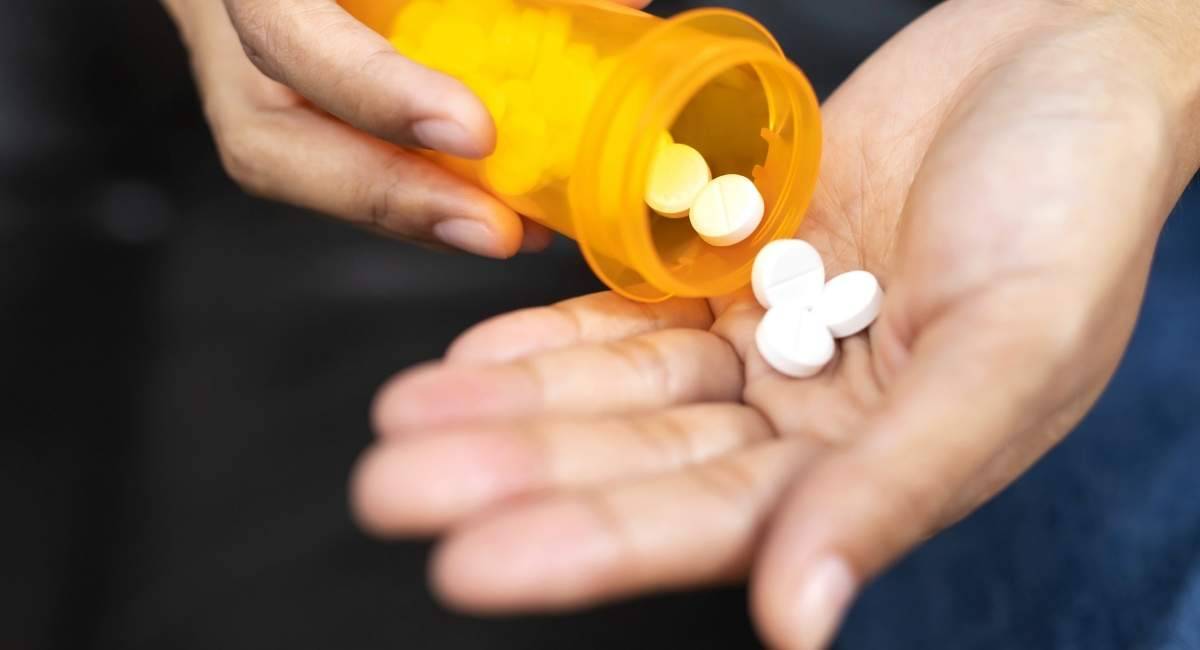Texas Penal Code § 49.04 establishes the crime of driving while intoxicated (DWI), and Texas Penal Code § 49.01(2) defines intoxicated as meaning having an alcohol concentration of 0.08 or more or “not having the normal use of mental or physical faculties by reason of the introduction of alcohol, a controlled substance, a drug, a dangerous drug, a combination of two or more of those substances, or any other substance into the body.” The second definition may be applicable in cases when drivers are accused of driving under the influence of prescription drugs.
Even when a driver has consumed no alcohol, they can be charged with DWI when a police officer believes that a prescription drug is affecting the person’s ability to drive. Many of these arrests are the result of police officers asking drivers if they have taken any prescriptions and then arresting them based on being under the influence of what ever prescription drug they admitted to using, but not all drugs necessarily carry effects that can impact driving ability.

Prescription Drugs DWI Defense Lawyer in Plano, Allen, Frisco, and McKinney, TX
Were you or your loved one arrested for DWI relating to prescription drugs in Plano? You do not want to delay contacting the Law Offices of Richard C. McConathy.
Our firm understands how to fight these kinds of charges and may be able to get your charges completely dismissed. We can explore all of your legal options with you when you call (469) 304-3422 or contact us online to receive a free consultation.
Prescription Drugs DWI Charges in Collin County
Under Texas Penal Code § 49.04, a person commits DWI if they are intoxicated while operating a motor vehicle in a public place. DWI is a Class B misdemeanor.
The types of prescription drugs involved in prescription drug DWI cases can vary, and some of the most common drugs involved include, but are not limited to:
- Adderall
- Allegra
- Alprazolam
- Ambien
- Antidepressants
- Antihistamines
- Antihypertensives
- Benadryl
- Celexa
- Claritin
- Codeine
- Cough syrups with codeine
- Dextromethorphan (DXM)
- Hydromorphone (Dilaudid)
- Lexapro
- Luvox
- Nefazodone
- Oxycontin
- Pain relievers
- Paxil
- Percocet
- Prozac
- Ritalin
- Soma
- Stadol
- Steroids
- Trazodone
- Tussin
- Tylenol PM
- Valium
- Vicodin
- Xanax
- Zoloft
- Zyrtec
The variety of prescription drugs means people can have a wide range of possible symptoms associated with usage. In many cases, the specific side effects included on the warning label are used by the prosecutor to argue the risks involved with driving.
Prescription Drugs DWI Penalties in Texas
A first DWI offense in Texas is generally a Class B misdemeanor. A conviction is punishable by a fine of up to $2,000 and up to 180 days in jail.
Keep in mind that even with a prescription drug DWI, prior alcohol-related DWI offenses can be counted against you. This means that a second DWI is a Class A misdemeanor punishable by a fine of up to $4,000 and up to one year in jail.
If a prescription drug DWI is a third or subsequent DWI offense, you will be charged with a third-degree felony. A conviction is punishable by a fine of up to $10,000 and up to 10 years in prison.
Prescription Drugs DWI Defenses in Texas
People have the right to take medication they have been legally prescribed according to their physician’s instructions, but Texas Penal Code Section § 49.10 specifically states that the fact that the defendant is or has been entitled to use a drug is not a defense. While most DWI charges involve measurements of alcohol concentrations that provide tangible measures of impairment, prescription drug cases frequently rely on the observations of arresting officers.
Some alleged offenders may be able to argue that they did not exhibit any signs of intoxication, and a criminal defense attorney will know how to prove that the drugs taken were not active or did not create impairment. In some cases, medical experts may be consulted for help determining the strongest defenses.
Prescription Drugs and DWI Resources
Methods for Defending Against Drug DWI Charges and the New Age of Discovery — View a document presented at the State Bar of Texas 40TH Annual Advanced Criminal Law Course in 2014. The paper discusses drug recognition evaluates (DREs) and addresses DRE specific defenses. It also identifies seven systemic biases in DECP studies and defenses based on Texas case law.
Drivers on Prescription Drugs Are Hard to Convict— View a July 2010 New York Times article discussing the difficulties that prosecutors have obtaining convictions in prescription drug DWI cases. This article refers to DREs as “drug recognition experts” and states that prosecutors in drugged-driving cases rely heavily on their testimony although there are only about 7,000 such officers nationwide. Douglas F. Gansler, the attorney general in Maryland, told the Times, “Because most people on the jury will also likely be taking prescription drugs for some ailment, whether it’s Lipitor or allergy pills or whatever it might be, they might think, ‘I don’t want that to become criminal.’”
Find A Collin County Prescription Drugs DWI Attorney | Law Offices of Richard C. McConathy
If you or your loved one were arrested for an alleged DWI involving prescription drugs in Plano or a surrounding area of Collin County, you are going to want to make sure that you have a skilled criminal defense lawyer. The Law Offices of Richard C. McConathy has defended people accused of being under the influence of many different kinds of prescription drugs, and we are able to get these charges reduced or dismissed.
Let our firm see how we can help you. Call (469) 304-3422 or contact us online to schedule a free consultation.


